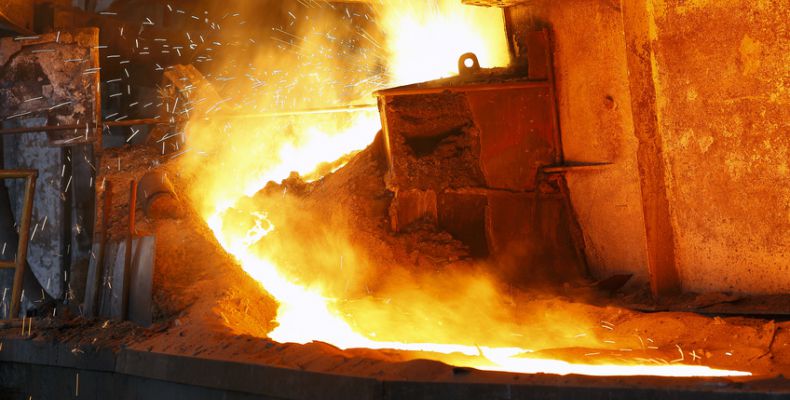European steel industry association Eurofer believes that emergency measures proposed for implementation in the EU did not have targets high enough, nor timeframes quick enough, to bring down energy prices and to uphold the European steel industry’s competitiveness in the global markets, it said on Thursday September 15.
“The European market is being flooded by cheaper imports from third countries that are subject to only a fraction of the energy costs that EU steel producers have to bear,” Eurofer director general Axel Eggert said.
On September 14, the EU proposed the following measure to combat high energy prices:
- A reduction by at least 5% in gross electricity consumption during the peak price hours, to reduce overall electricity consumption by at least 10% from now until March 31, 2023.
- A temporary revenue cap of €180 ($180) per MWh until the same date, intended to recover excess revenues from electricity generators with lower marginal costs, such as renewables and nuclear power. Such measures were estimated to be able to generate around €117 billion ($116.85 billion) to support electricity consumers exposed to high prices.
- An exceptional solidarity contribution from companies in the oil, gas, coal and refinery sectors, which have benefited from surplus profits arising from the energy crisis “to ensure that the whole energy sector pays its fair share in these difficult times.” This would be calculated at a rate of at least 33% and applied to 2022 profits, which showed an increase of more than 20% over the average profits of the previous three years. This would complement the temporary revenue cap on “inframarginal” technologies and could bring in around €25 billion of public revenue.
Eurofer believed, however, that these measures were not be able to immediately secure affordable energy supplies for energy-intensive steel industry users. There must be “immediate, more ambitious and more industry-targeted measures to bring down energy prices and costs for industries exposed to fierce global competition,” the association said.
“Unfortunately, these measures are unlikely to stop the current trend of production curtailments and temporary lay-offs,” Eggert said.
“Without swift action, these could become permanent,” he added, “and the EU would jeopardize the resilience of its domestic steel sector, a strategic asset for the EU’s own autonomy, and depended on by key downstream sectors such as the automotive, construction, mechanical engineering, defense, health, sanitary and renewable energy equipment sectors.”
Published by: Elina Virchenko






